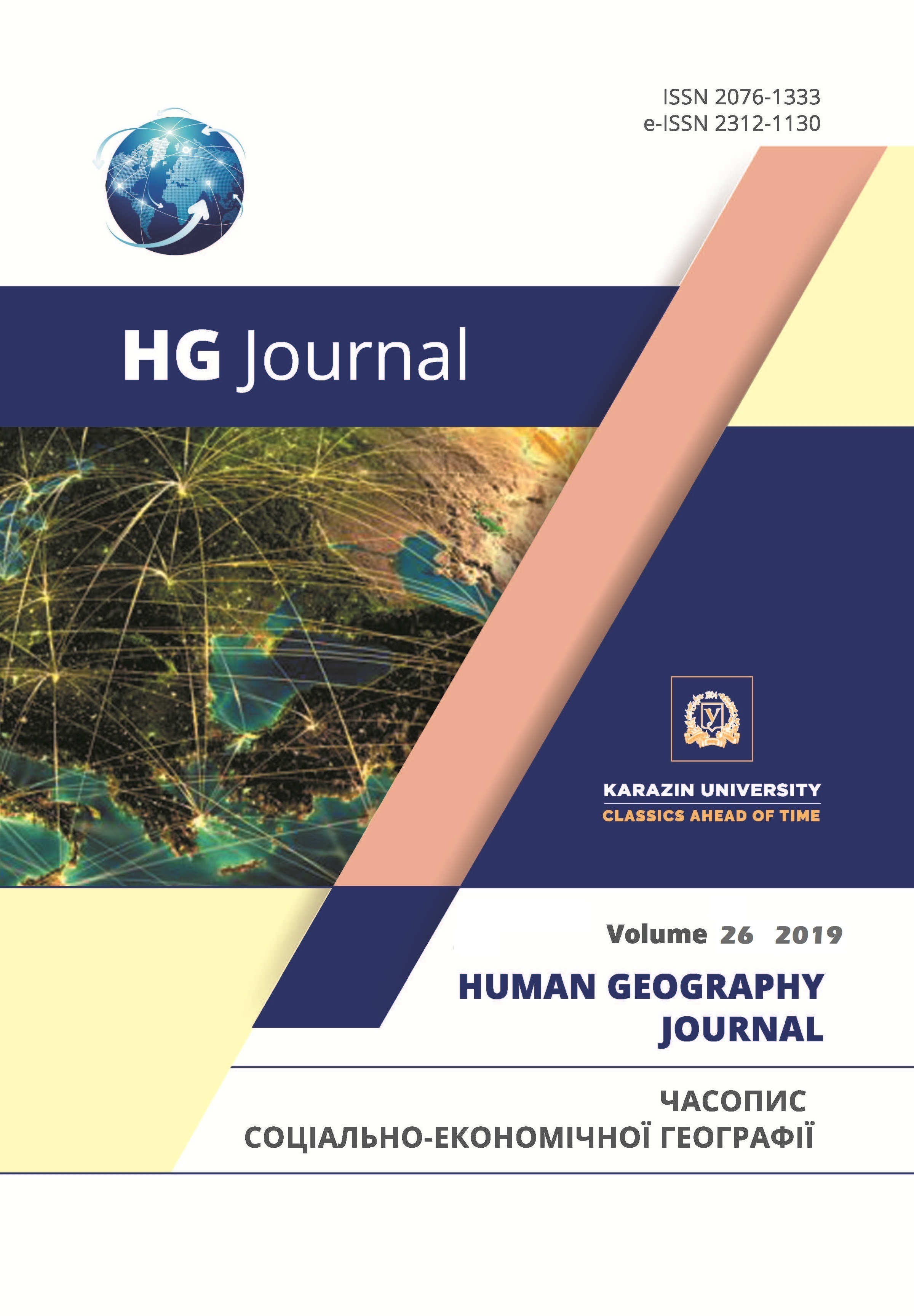Methodological approach for land transport research and its importance for Georgia’s spatial arrangement
Abstract
The purpose of this article is to show the place of Georgian land transport in spatial development, in its economic development and future perspectives, with methodoligical aproach. The topic was chosen due to its actuality. Decline in amounts of freight and passenger shows that country is not so attractive to be part of any international transport corridor. To overcome the problem, we should know cause of it and the whole process of development, showing the factors which have influenced on the current result.
The aim and novelty of the article is research of human geographical aspects of modern Georgian land transport, which covers the following objectives and issues: analyze existed modern literature around Georgian land transport, find and explain causes and consequences compare current trends with past and setting the perspectives.
Examining Georgian land transport will be good example for understanding Caucasian transport corridor in order to connect it with international transport corridors and benefit for local economic growth. Being part of international trading systems is key to Georgia’s geopolitical location. According to current international economic environment and land transport’s infrastructural and economic regress there are several questions how can it be part of international transport corridor. Comparing with EU reforms and study of Chinese transport connections towards European countries will give some answers.
Downloads
References
National Statistics Office of Georgia, Gross Domestic Product (GDP). Retrieved from http://geostat.ge/?action=page&p_id=118&lang=geo&fbclid=IwAR2wOwuiske_QEgDAyzT1GgFSQgYxzoZbfnEz96b-kVPSA06NC2v1MKwZKs
Ministry of Foreign Affairs of Georgia, Association Agreement between the European Union and the European Atomic Energy Community and their Member States, of the one part, and Georgia, of the other part”. Retrieved from http://mfa.gov.ge/%/Association-Agreement.aspx?lang=en-US
Ministry Of Economy And Sustainable Developmentof Georgia, “Transport and Logistics Development Policy Department”. Retrieved from http://www.economy.ge/?page=departments&dep=8&fbclid=IwAR0qPqABC5nHY2Uvxtk_eOi_5FHWhic9TZsLSgfZmOhYyK4Gb_L4mo5xIa0
Prior, L. (2003). Using Documents in Social Research. London: SAGE Publications
Roman Kverenchkhiladze; Georgian Transport (Economic-Geographical Survey), Tbilisi; 1986
Elizbarashvili, N. (2018). Main concepts and Problems of Sustainable Development Mountainous Regions (On the example of the Caucasus). In procedeng: International Scientific and Practical Conference «REGION –2018: Optimal Development Strategy». Kharkiv, Ukraine, 215-219
Eddington, R. (2006). The Eddington Transport Study. HMSO/HM Treasury. Retrieved from: https://www.jstor.org/stable/10.7249/mr1598a.16?seq=1#metadata_info_tab_contents
O’Malley, W.D. (2003). Central Asia and South Caucasus as an Area of Operations: In Faultlines of Conflict in Central Asia and the South Caucasus, 10-23. Retrieved from https://www.jstor.org/stable/10.7249/mr1598a.16
Cornell, S.E. (2002). The South Caucasus: A Regional and Conflict Assessment. Stockholm: Swedish International Development Cooperation Agency (SIDA)
Copyright (c) 2019 Elizbarashvili N., Sidamonidze D., Deisadze N.

This work is licensed under a Creative Commons Attribution 4.0 International License.




